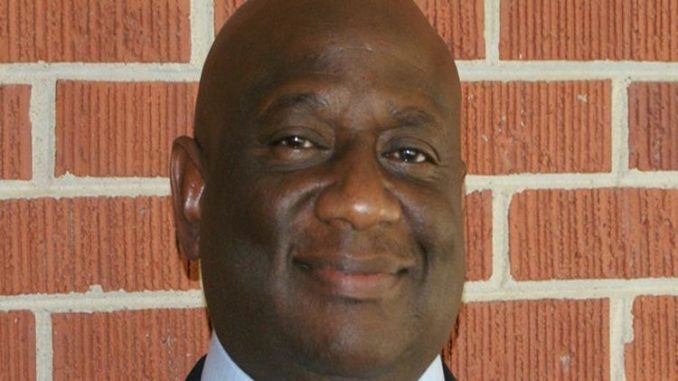
By Tim Brown – CareSouth Carolina – While thinking of current health care problems affecting today’s men, I could think of no better topic than what is affecting black men in our current environment.
Experimenting on black communities, segregated health care and longstanding implicit social, cultural and institutional biases are deeply rooted in the United States, and the health care system is not omitted, as it has created a deep distrust in the medical setting.
Conditions outside the health care setting impact the quality of medical encounters. Police brutality can shape health outcomes ultimately by creating mistrust or fear of other authority figures and institutions, such as doctors and medical providers in the health care system.
A patient should not expect to receive a lower standard of care because of their race. Chronic care management for diseases such as asthma, hypertension, diabetes and mental health must involve a relationship that is built around continuous trust.
These stressors only exacerbate the diseases and pre-existing medical conditions as well as underlying mental health disorders. I have come to this realization whenever I venture out into unfamiliar territory: I face the same challenges as my patients.
As a family nurse practitioner, I attend numerous conferences each year, and I have to make certain that I carry my credentials in full view due to fear someone will alert the authorities that I may present some type of danger/threat to them as a Black man. The anxiety of having to experience this on a daily basis can lead to other problems that are physiological.
There is a need for the health care profession to address the role of implicit biases in disparities in health care. Thoughtful planning, action and solutions are a must.
A commitment by health care systems and providers to understand biases in health care is critically essential to have better health experiences and outcomes.

Be the first to comment